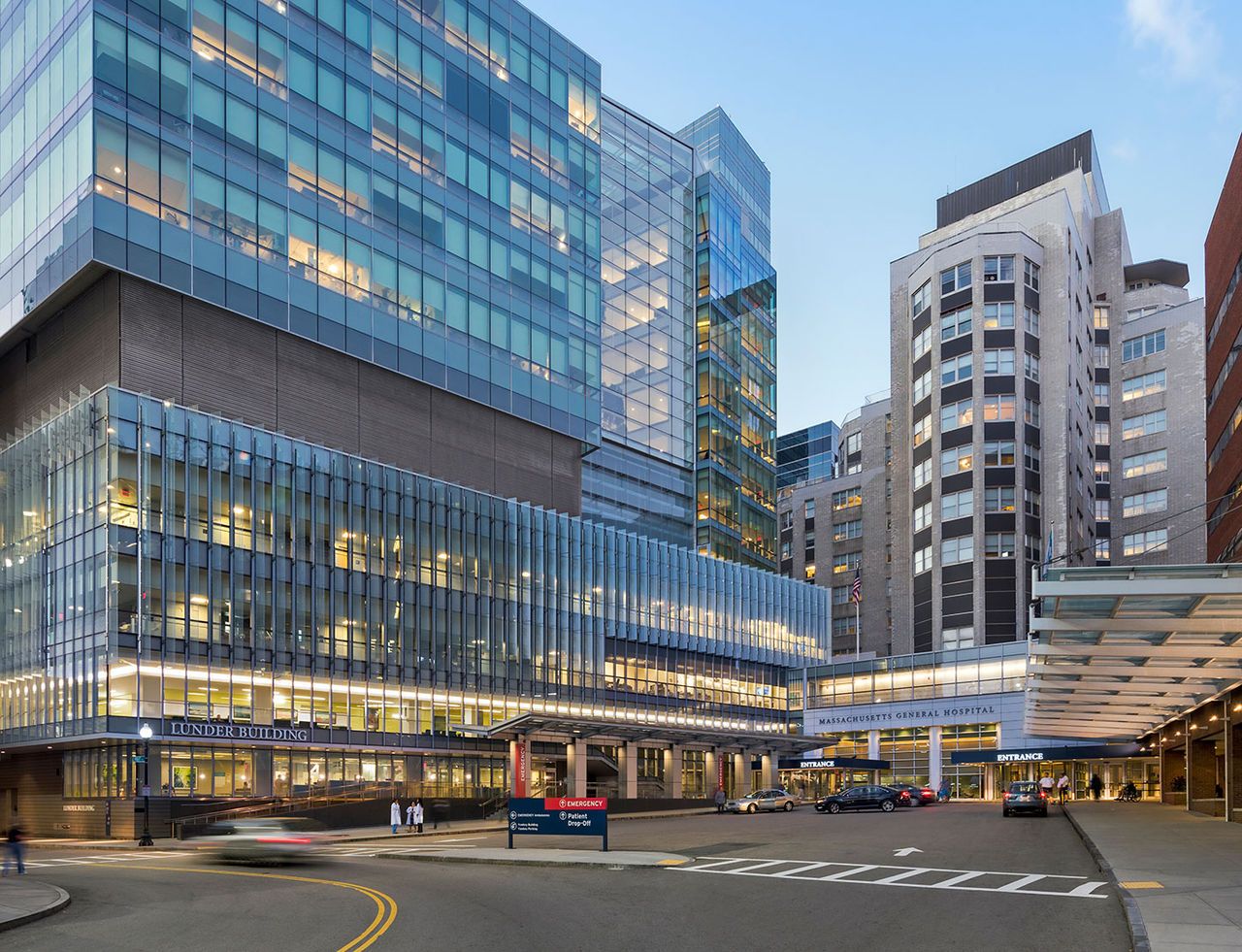Hospital Dr. Nélio Mendonça stands as a symbol of resilience and innovation in the healthcare sector, particularly in regions where medical systems face immense pressure. Located in a part of the world where access to consistent medical care is often disrupted, the hospital plays a crucial role in delivering essential services to local communities. From emergency response systems to long-term health planning, its contributions extend beyond clinical care and into broader public health strategies.
As conflicts and humanitarian crises continue to strain medical infrastructure in various parts of the globe, facilities like Hospital Dr. Nélio Mendonça become critical lifelines. They serve not only as treatment centers but also as hubs for training, research, and policy development. With global health organizations increasingly emphasizing the need for standardized tools to assess and improve emergency systems, the relevance of such hospitals becomes even more pronounced.
Understanding the function and challenges faced by institutions like Hospital Dr. Nélio Mendonça is essential for professionals, researchers, and aid organizations working in the field of emergency medicine and public health. This article dives into the hospital’s role, its impact on regional healthcare, and how it fits into larger global efforts to strengthen prehospital systems.
Table of Contents
- Biography and Background of Dr. Nélio Mendonça
- The Role of Hospital Dr. Nélio Mendonça in Regional Healthcare
- Global Health Initiatives and the Hospital’s Involvement
- Emergency Response Systems and the Use of Tools Like PEAT
- Challenges Facing the Hospital and Similar Institutions
- Frequently Asked Questions
Biography and Background of Dr. Nélio Mendonça
| Full Name | Dr. Nélio Mendonça |
|---|---|
| Profession | Medical Doctor and Health Systems Specialist |
| Notable Contribution | Founding and leading Hospital Dr. Nélio Mendonça |
| Location | Assisted in establishing medical facilities in conflict and post-conflict zones |
| Focus Areas | Emergency medicine, public health systems, trauma care |
Though detailed biographical information about Dr. Nélio Mendonça is limited, his legacy is strongly tied to the hospital that bears his name. He is recognized for his work in setting up healthcare infrastructure in vulnerable areas, often in collaboration with international health organizations. His approach emphasized not just treatment, but also system-wide improvements to ensure long-term sustainability.
The Role of Hospital Dr. Nélio Mendonça in Regional Healthcare
The Hospital Dr. Nélio Mendonça serves as a central medical facility in its region, offering a wide range of services from emergency care to chronic disease management. It is often the first point of contact for people in urgent need of medical attention, especially in areas where other hospitals are either inaccessible or overwhelmed.
One of the hospital’s key strengths lies in its ability to adapt to changing circumstances. Whether responding to a local outbreak or supporting displaced populations, the staff works to maintain continuity of care. This adaptability is crucial in regions where healthcare systems are under constant pressure due to conflict, displacement, or resource shortages.
In addition to treating patients, the hospital also plays an educational role. It trains local medical professionals and supports ongoing research into public health trends. This helps build local capacity and ensures that healthcare improvements are not solely dependent on external aid.
Global Health Initiatives and the Hospital’s Involvement
International organizations such as the World Health Organization (WHO) have emphasized the importance of standardizing tools for assessing prehospital systems. The WHO supports initiatives that help countries map their emergency medical services and identify gaps in care. Tools like the Prehospital Evaluation and Trauma Care (PEAT) survey have been instrumental in this effort.
Hospital Dr. Nélio Mendonça has been part of these global conversations, often serving as a case study for how local institutions can contribute to broader health system improvements. Its experiences in navigating complex environments have informed discussions on emergency system mapping, resource allocation, and workforce training.
Furthermore, the hospital’s involvement in these global efforts highlights the importance of local leadership in healthcare development. While international support is valuable, long-term success often depends on local ownership and adaptation of global guidelines.
Emergency Response Systems and the Use of Tools Like PEAT
Emergency care systems vary widely across the globe, especially in conflict-affected and resource-limited settings. The PEAT tool, which stands for Prehospital Evaluation and Trauma Care, provides a standardized way to assess these systems. It allows for situational analysis, identification of gaps, and development of improvement plans.
In regions where emergency services are fragmented or underdeveloped, tools like PEAT help create a clearer picture of what’s working and what needs attention. For hospitals like Dr. Nélio Mendonça, this means being able to pinpoint specific areas for improvement—whether it’s ambulance availability, communication between responders and hospitals, or training for emergency personnel.
By using PEAT and similar tools, hospitals can better align with global standards and improve outcomes for patients. This is especially important in areas where delays in treatment can mean the difference between life and death.
Challenges Facing the Hospital and Similar Institutions
Hospital Dr. Nélio Mendonça, like many other institutions in vulnerable regions, faces numerous challenges. These include ongoing conflicts, shortages of medical supplies, and the displacement of local populations. In some cases, these pressures make it difficult to provide even basic care, let alone invest in long-term improvements.
One of the most pressing issues is the lack of consistent funding and support. While international aid can provide temporary relief, sustainable solutions require long-term investment in infrastructure, training, and policy development. Without this, hospitals risk becoming overwhelmed or unable to respond effectively during emergencies.
Staffing is another major challenge. Many healthcare professionals are forced to leave their posts due to unsafe conditions or lack of support. This brain drain makes it even harder to maintain quality care and train new generations of medical workers.
Despite these difficulties, hospitals like Dr. Nélio Mendonça continue to operate, often under extremely difficult circumstances. Their resilience is a testament to the dedication of the medical staff and the communities they serve.
Frequently Asked Questions (FAQ)
What is the significance of Hospital Dr. Nélio Mendonça in public health?
The hospital plays a crucial role in providing medical care in challenging environments, especially in areas affected by conflict or displacement. It also contributes to research and training initiatives aimed at improving emergency response systems.
How does the hospital handle emergency medical care in crisis situations?
The hospital uses tools like PEAT to evaluate and strengthen its emergency care systems. It also works closely with local and international partners to ensure continuity of care, even during times of crisis.
Are there any global partnerships involving Hospital Dr. Nélio Mendonça?
Yes, the hospital collaborates with organizations like the World Health Organization (WHO) to support the development of standardized tools and guidelines for prehospital care. These partnerships help improve local systems while contributing to global health knowledge.
Learn more about how emergency care systems are evolving and the role of local hospitals in global health efforts.
For more insights into how medical facilities adapt to crises, read this detailed guide on emergency response strategies.
For additional information on how hospitals like Dr. Nélio Mendonça support public health initiatives, you can refer to the World Health Organization’s official website.



Detail Author:
- Name : Ludie Sauer
- Username : nohara
- Email : kristian50@gulgowski.org
- Birthdate : 1994-11-20
- Address : 83230 Quigley Ways Lake Ashlynn, AR 81747
- Phone : +1-458-756-2067
- Company : Haley, Hayes and Herzog
- Job : Epidemiologist
- Bio : Officia nulla et odio voluptas. Ut tempore ea placeat dolores quam. Deserunt velit nostrum labore odit libero perferendis quia voluptas. Voluptas voluptatibus veritatis quibusdam voluptate.
Socials
linkedin:
- url : https://linkedin.com/in/torphy2004
- username : torphy2004
- bio : Delectus et dignissimos officiis ut non.
- followers : 6978
- following : 2841
tiktok:
- url : https://tiktok.com/@berta.torphy
- username : berta.torphy
- bio : Rem occaecati nihil rerum blanditiis sit vel dolorum.
- followers : 5053
- following : 1879
twitter:
- url : https://twitter.com/torphy2017
- username : torphy2017
- bio : Sit velit inventore aspernatur ut nulla occaecati. Consequatur pariatur ut est commodi quas. Repellendus doloribus quia aspernatur dicta.
- followers : 5817
- following : 2565
facebook:
- url : https://facebook.com/berta.torphy
- username : berta.torphy
- bio : Ea voluptatem ut impedit molestias et in.
- followers : 886
- following : 364

